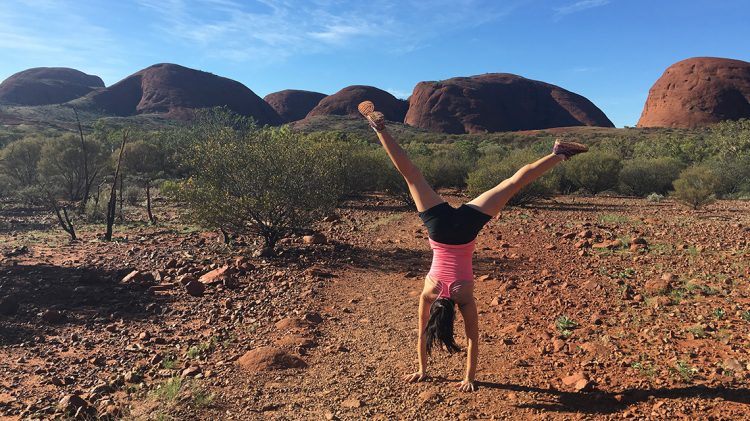FROM HEARTBREAK TO HUSTLE
Discover how running can help you get back on your feet

I have always thought of caffeine and the effects of stimulants, similar to a credit card. The short burst of energy you get is essentially ‘borrowed’ from the future, and therefore is always followed by an energy debt or crash. Like many other people, in the past I chose to feed this cycle by combating the crash with even more caffeine to pull me through the inevitable afternoon slump.
Caffeine is the most popular stimulant and psychoactive drug in the world. While there are various sources of caffeine, a common way for people to get their fix is with coffee. Its place in modern society is not surprising considering that moderate doses of caffeine (equivalent to approximately one cup of coffee) improve alertness, energy and the capacity to deal with higher physical and mental workloads. In a world where we juggle family, work, friends and hobbies, cutting caffeine out of your daily life may seem insane. So why would anyone bother?
To start with, caffeine negatively affects gut health, increases anxiety and dehydration. It is also responsible for triggering a ‘fight or flight’ response, flushing the body with adrenaline. This sends a signal to the body that indicates the presence of stress or danger where in reality you may be enjoying a caffè latte on the way to work. The adrenal glands then work overtime to get the body back into balance which can lead to adrenal fatigue, increased body fat, poor sleep quality and premature aging. The fact that withdrawal symptoms may include fatigue, irritability and headaches, is a good indication that caffeine is doing you no favours.
I managed to maintain this stimulant-crash cycle for years, putting my fatigue ‘on-hold’, before the stress it was placing on my body became obvious. One morning, my usual flat white kicked me into feelings of jittery, nauseating anxiousness, and I knew it was time to give coffee the boot.
I switched to decaf and then went cold turkey, pushing through 48 hours of headaches to break the cycle that I had been reinforcing for years. Since giving up coffee my energy is more stable, I sleep solidly and have been able to boost my energy in natural ways.
If you’re ready to reduce your caffeine consumption, you will need the tools to be able to tackle those unavoidable low energy moments. Check out my top 5 energy-boosting tips to help give caffeine the boot.
1. Sleep
It sounds obvious but often people underestimate the value of a solid nights rest. For adults aged 16-80 years old 7+ hours of sleep is recommended for optimal health. Quality sleep is critical to give the body time for repair and recovery. Don’t skimp on your recovery.
2. Exercise
When you exercise, you release endorphins otherwise known as the ‘feel-good’ hormone, into the blood stream. Intense cardiovascular exercise, strength training and stretching for 30-45 minutes are all known to have a positive effect on the production of endorphins and fight off fatigue.
3. Fruit
Although apples have stolen the limelight in being the energy boosting fruit, research shows that natural sugars are responsible for this effect and therefore many fruits would have a similar effect. Stick to fruits with a low glycemic index like peaches, plums, pears or berries for longer lasting energy.
4. Avoid refined sugars
Using these foods as a quick solution to tiredness often lead to cravings, weight gain, increased hunger and feeling inevitably more tired soon after. So instead, take action that your future self will thank you for. Put a stop to the energy cycling and create healthy, sustainable habits that will help you feel energised all day.
5. Water
Water plays an all-important role in maintaining the health and integrity of every cell in our body therefore it’s no surprise that dehydration is strongly linked to feelings of fatigue. The average adult should aim to drink 2-3 litres of water per day.
Last but not least, if you are really finding it tough to kick coffee completely, try switching it for herbal teas.